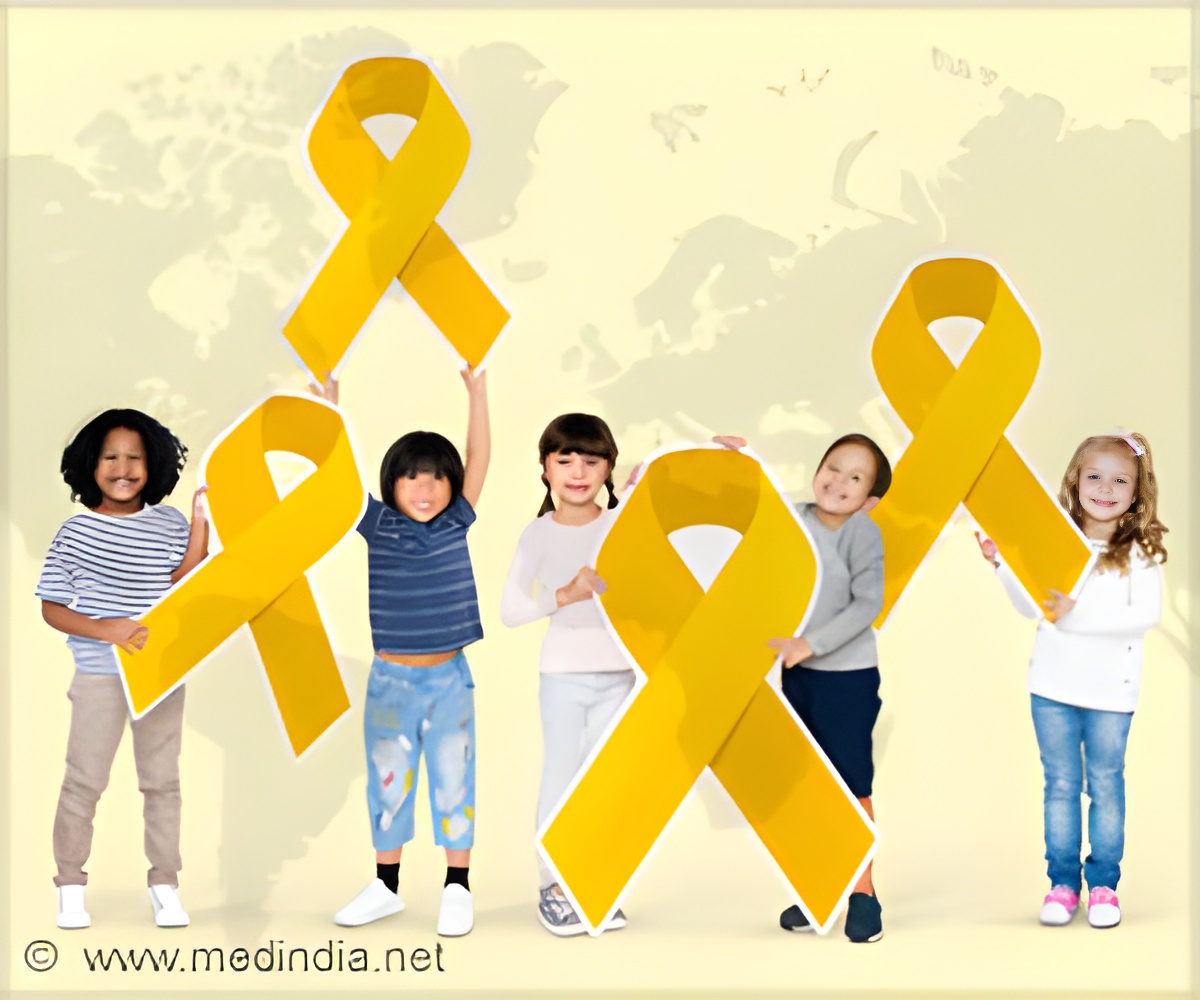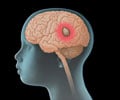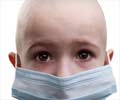Researchers from the Indian Institute of Technology-Hyderabad (IIT-H) have isolated a strain of a fungi, found in the Antarctic region, which could treat common childhood cancer.

TOP INSIGHT
Currently used enzymes in chemotherapy are derived from the bacteria E. coli and E. chrysanthemi have tremendous side effects to the patients and are expensive.
Currently, the L-Asparaginase enzyme used for chemotherapy is derived from commonly found bacteria such as Escherichia coli and Erwinia chrysanthemi.
However, L-Asparaginase is always associated with two other enzymes -- glutaminase and urease -- which cause adverse side effects in patients such as pancreatitis, hemostasis abnormalities, central nervous system dysfunction and immunological reactions.
"Extensive purification steps are necessary before L-Asparaginase derived from E. Coli and E. Chrysanthemi is used as a drug to treat all. This increases the cost of the drug," said lead investigator Devarai Santhosh Kumar, in a statement.
However, the newly isolated Antarctic fungi was found to have L-Asparaginase free of glutaminase and urease.
In the study, published in the Scientific Reports journal, the team isolated 55 samples of fungi, of which 30 isolates had pure L-Asparaginase.
The absence of glutaminase and urease would prevent the serious side effects currently seen with the use of bacteria-derived L-Asparaginase.
"Fungal species have the ability to mimic the properties of the human cells, as both are eukaryotic in nature, which makes it easier for their usage in treatment of all", Kumar said.
Source-IANS
 MEDINDIA
MEDINDIA




 Email
Email









